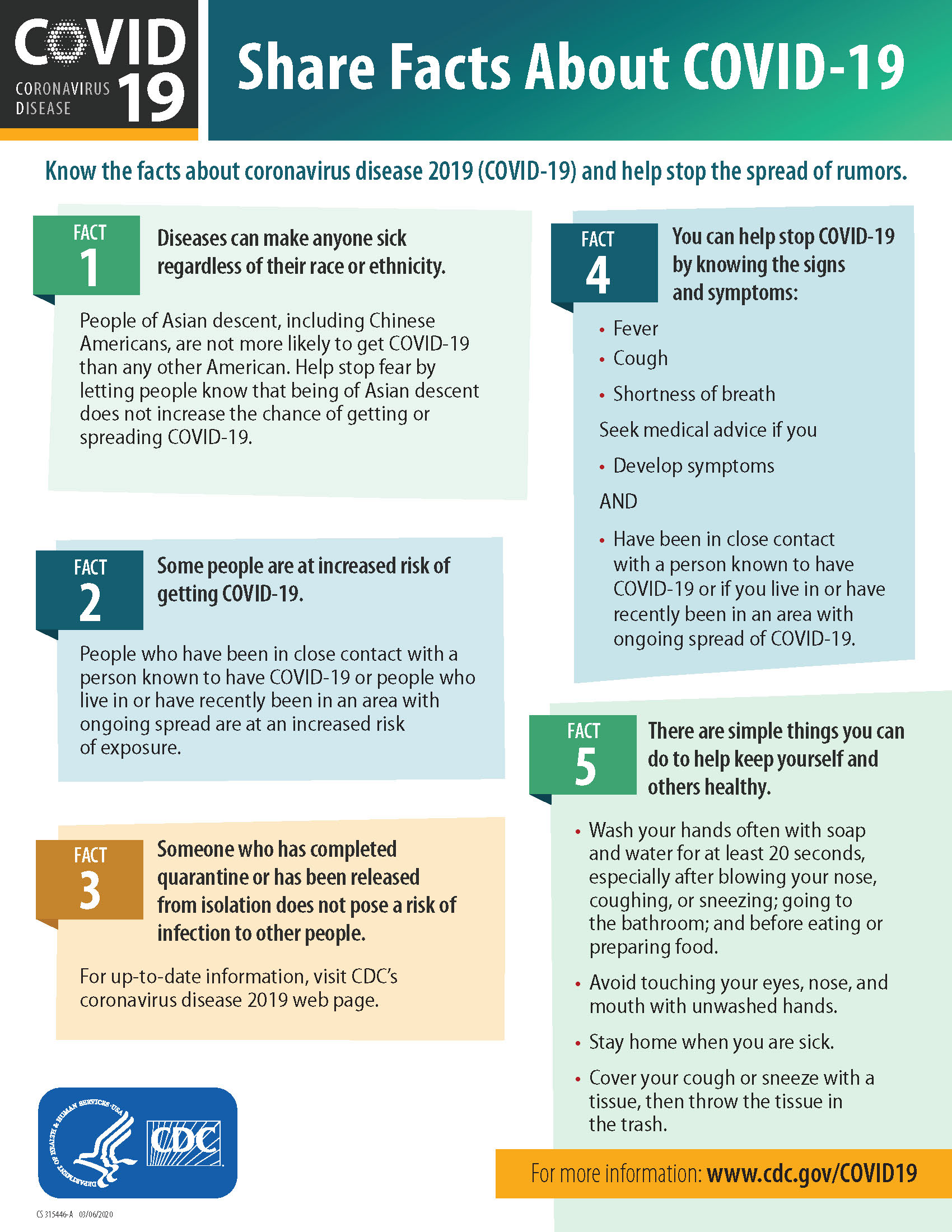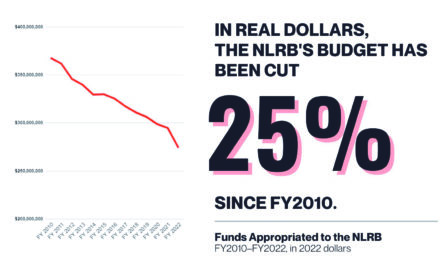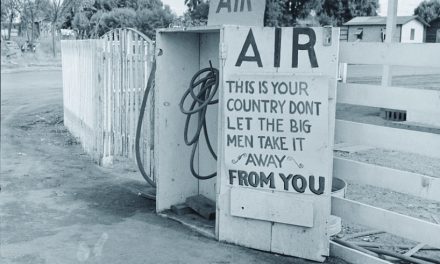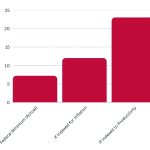On March 5, the Washington Post reported that more than 100 hospital workers were in self-imposed quarantine in California after having had interaction with patients who later tested positive for the Coronavirus.
Doctors, nurses, bank tellers, airport workers, and just about any other front facing service employee is at risk of contracting the Coronavirus or COVID-19. And many of them say they do not have the proper tools or training to mitigate exposure.
A nationwide survey of registered nurses conducted by National Nurses United (NNU), the country’s frontline health care staff, revealed that the vast majority of United States hospitals and health care facilities are unprepared to handle and contain cases of COVID-19. The results were shared at a press conference held by NNU, the country’s largest union and professional association of registered nurses.
While the survey is ongoing, results as of March 3, reflecting responses from more than 6,500 nurses in 48 states, the District of Columbia and the Virgin Islands, showed that high percentages of hospitals do not have plans, isolation procedures, and policies in place for COVID-19; that communication to staff by employers is poor-or-nonexistent; that hospitals are lacking sufficient stocks of personal protective equipment (PPE) or are not making current stocks available to staff; and have not provided training and practice to staff on how to properly use PPE.
The AFL-CIO has urged union members to call on Congress to ask for help to protect frontline workers amid the spread of the virus in the U.S.
In an email to members, AFL-CIO President Richard Trumka asked members to call their representatives to advocate for the Occupational Safety and Health Administration (OSHA) to act amid a potential global pandemic.
“An emergency temporary standard is needed to protect our workers from the current COVID-19 outbreak and future infectious agents. Will you call your representative now?” wrote Trumka.
The type of OSHA temporary standard Trumka is referring to is a “basic policy tool: regulation and enforcement by the Occupational Safety and Health Administration,” says David Michaels, former assistant Secretary of Labor for Occupational Safety and Health.
Michaels wrote in The Atlantic that the Trump administration “can issue a rule that requires employers to take steps to reduce or eliminate hazards that threaten worker safety or health.”
Michaels goes on to explain “rules that require employers to plan for an epidemic may seem like common sense, and many employers voluntarily already do everything they would be required to do. But many is not enough. An OSHA standard would provide much-needed guidance, and the prospect of inspections and civil penalties would no doubt motivate some employers to do the right thing. Such a standard would, in essence, make following CDC guidance an enforceable requirement.”
Health-care workers aren’t the only ones who need protection either. Firefighters, police, airline workers, EMTs, bus drivers, hotel workers, bank tellers, the list goes on and on. Workers across all industries need protections too.
On March 9, the Securities and Exchange Commission (SEC) announced it had asked employees at its DC headquarters to work from home because of a potential coronavirus case. It was the first agency to do so.
The Department of Defense (DOD), while not shuttering its doors, has encouraged its civilian employees to telework and take other “social distancing” measures to reduce and prevent transmission. And the Internal Revenue Service (IRS) suspended all non-critical travel for 30 days.
The National Postal Mail Handlers Union (NPMHU) was notified in late February that a Seattle NDC employee had tested positive for COVID-19 after an extended overseas trip. The union has met with the heads of the other postal unions, National CAD Representatives, Postmaster General Megan Brennan and other Postal Service senior leadership to discuss countermeasures to protect and address the virus.
The AFL-CIO has created a task force to ensure the safety of working people that are on the front lines of an infectious outbreak. Right now, you can call your U.S. Representative at 866-832-1560 and demand that OSHA issue an emergency temporary standard for infectious diseases. A standard for infectious diseases would address an employer’s responsibility to protect their workers. ■







